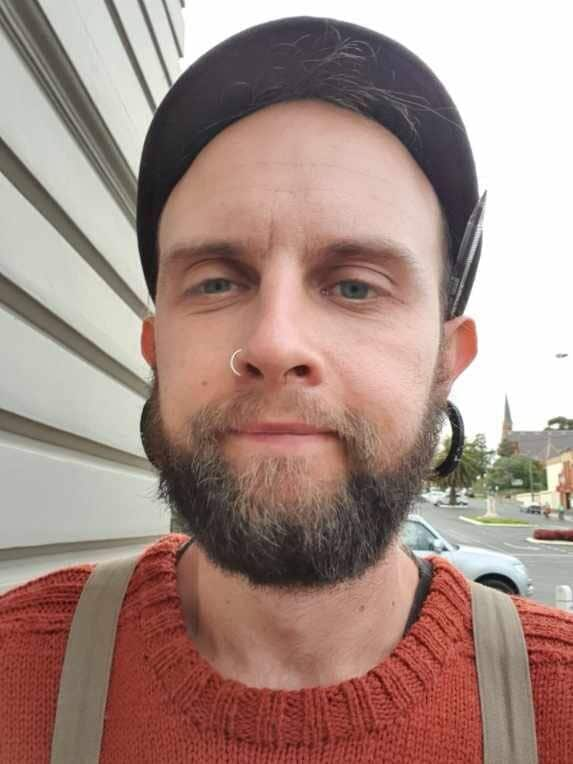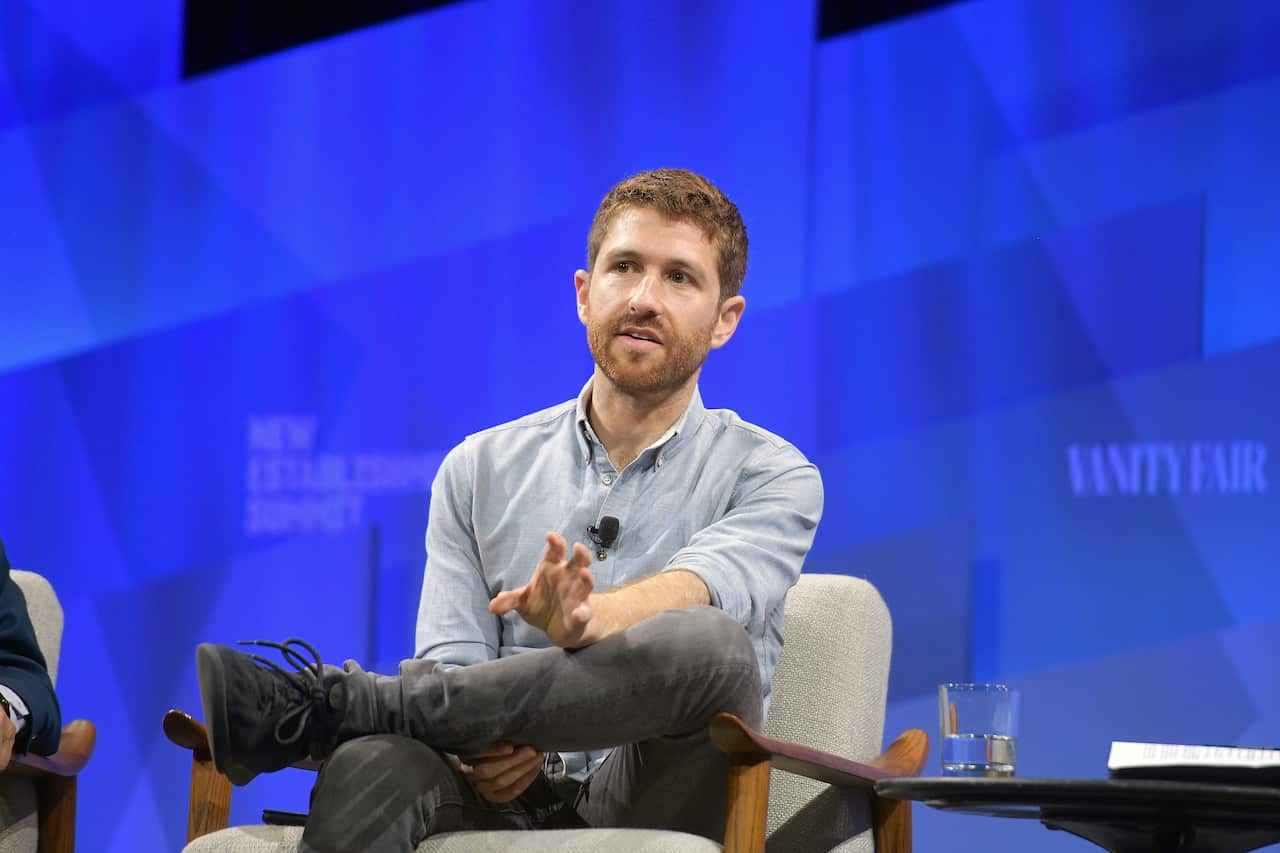The Netflix documentary 'The Social Dilemma' has left many social media users on high alert. The hour and a half piece examines the way the biggest tech companies are working with user data -- it's made some decide to call it quits on their social media use.
After watching the Netflix special featuring former senior employees from Facebook, Google, Instagram, YouTube, and Twitter, 26 year old Ashay from Castlemaine in regional Victoria sent out a Facebook post to their friends to let them know they will be shutting down their accounts.
"I felt a bit manipulated. And, like really shocked," Ashay told The Feed.

The documentary showcases the strategies and inner-workings of how digital platforms operate from data mining, algorithms end up manipulating users, and the alarming mental health impacts of social media.
Its breakdown of how users are manipulated to keep them engaged on their apps was what worried Ashay.
"It kind of really made me reflect on how much time or how much I crave, like scrolling and just staring at those apps," they said.
"I felt like I was in control. And then suddenly, I realised that I hadn't been this whole time, and I've kind of been manipulated to be on something."
More importantly, Ashay is concerned about what it's done to their personal relationships, feeling that social interactions on digital platforms had become empty.
Tristan Harris, a former Google design ethicist, explains in the documentary that algorithms learn users' emotional vulnerabilities from the data gathered and exploit those insecurities -- while companies make a profit.

It manifests in the addictiveness of social media apps but that's not the only thing that concerns Ashay. They knew that tech companies gathered data on their users, but was taken aback by the scale.
"I had heard these things in the past like tracking how long you look at an image, and these kinds of different things related to what kind of ads I get given, I haven't really thought about it in the sense of like them trying to capture how long I stare at a screen," they said.
Ashay is thinking about having kids with their partner in the near future, and the rise in suicides of young girls that the documentary links to the proliferation of mass social media, alarms them.
"I really worry about I guess wanting to have kids," they said, "[and] worry about that level of dependence on social media to receive a positive hit."
"I want to fill my life to have a healthy lifestyle outside of [social media]. Not be zoned out from my desire to be getting [a hit] from the platforms that are really working to hook me in."
'There's a very unfair, unequal relationship that people have with these digital platforms'
Dr Sacha Molitorisz from the University of Technology Sydney specialises in digital privacy. He says there isn't anything new in the documentary but believes it's resonating because of the way it breaks down the complicated issues facing tech companies.
"So your regular social media user, I don't think has really put all the details together. A lot of this stuff is happening in the background, where it's just not obvious," Dr Molitorisz told The Feed.
The solution to some of the issues presented in 'The Social Dilemma', Dr Molitorisz says, is obvious: regulation. He believes there needs to be new laws because privacy law hasn't kept up with technology.
"The law of privacy in Australia wasn't very strong anyway. And now what's happened with technology, it's, it's just evolved so quickly, that the law that exists is completely inadequate," he said.
But Dr Molitorisz says there's been "really good work" done by the Australian Competition Consumer Commission (ACCC) which held a digital platforms inquiry since the beginning of 2018. The inquiry looked at how Google and Facebook acquire data, how much they acquire, and what impact it's having on the media ecosystem.

The ACCC recommended consumers would be “better off” if they were able to make informed choices in how digital platforms use their data. The proposal from the ACCC was to change the Privacy Act to ensure consumers could be able to make informed decisions about their user data.
“The ACCC is further considering a recommendation for a specific code of practice for digital platforms’ data collection to better inform consumers and improve their bargaining power,” the statement reads.
Despite calling for new privacy laws, Dr Molitorisz says we don’t need to reinvent the wheel, and pointed to the reforms being made in Europe with the General Data Protection Regulation.
“We just need to realize that at the moment, there's a very unfair, unequal relationship that people have with these digital platforms. Each of us is really vulnerable to being taken advantage of and being manipulated in certain ways,” he said.
What steps should we be taking?
According to Dr Molitorisz, it's not only new laws that might need to be adopted, but he believes Australia's privacy law requires a stocktake. Additionally, he wants to see digital platforms prohibited from using unfair contract terms and trading practices.
"There are certain practices with digital platforms when they negotiate with customers when notice and consent happens that is just patently unfair, and often misleading, and that just can't go on," he said.
He explains the way digital platforms terms and conditions are structured, he says, they are written in legalese, and not understandable to the regular social media user.
"The consent that's being obtained from users, by digital platforms is in a lot of cases, not, in my view, ethical content," he said.
He also recommended people who have grown wary of big digital platforms like Facebook and Google to seek out alternatives like DuckDuckGo or ProtonMail that guarantee users their data will be protected.
"I think we do have to rewrite, we have to recode the internet, so part of the solution is better laws, then beyond that, there needs to be a more holistic change and a greater awareness of what has been happening, and what we can have with the internet."
If this story raised issues for you, help is available. Contact a crisis support service below.
- Lifeline 13 11 14 www.lifeline.org.au
- beyondblue 1300 224 636 www.beyondblue.org.au
- In an emergency, call 000.
Through award winning storytelling, The Feed continues to break new ground with its compelling mix of current affairs, comedy, profiles and investigations. See Different. Know Better. Laugh Harder. Read more about The Feed
Have a story or comment? Contact Us


